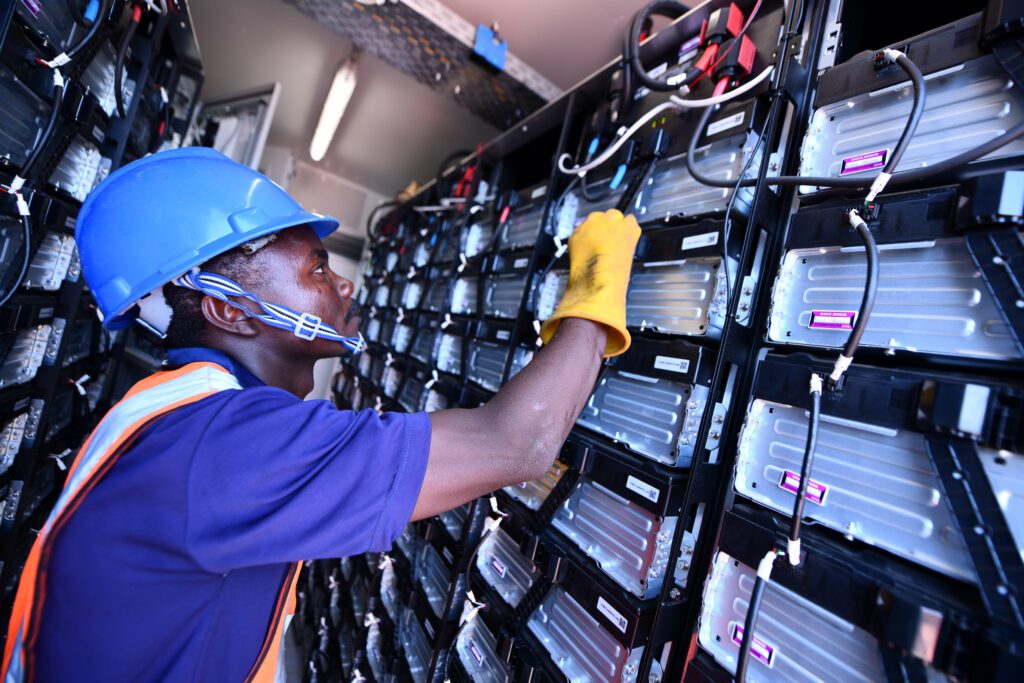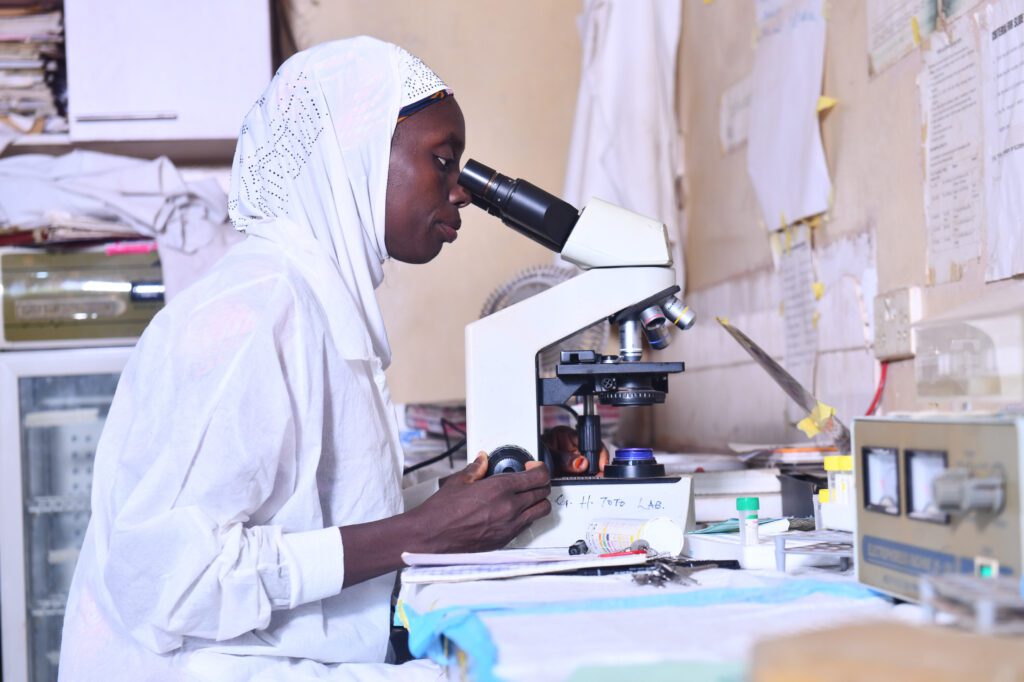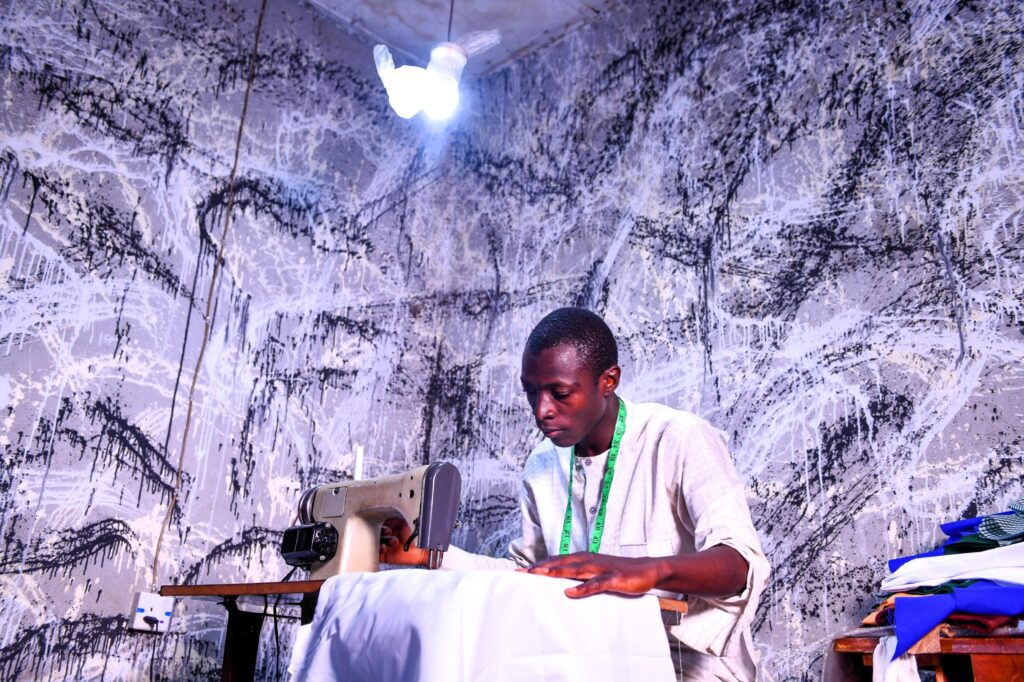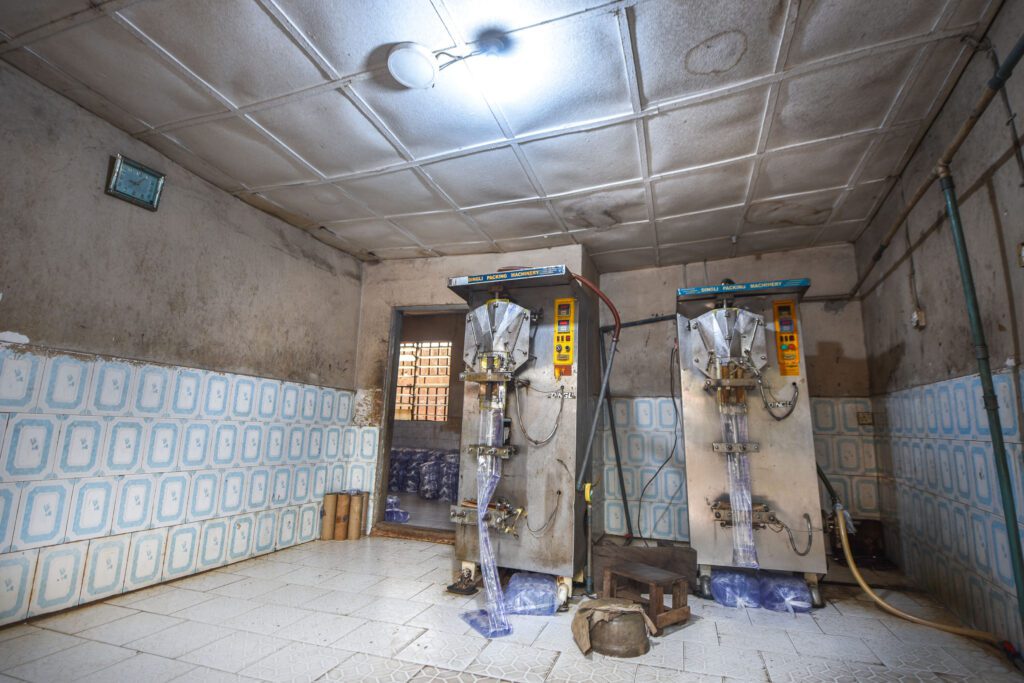The Green and Digital Economy priority in Nigeria aims to achieve low-carbon, resource-efficient, and climate-resilient development while fostering job creation, especially for young people, and improving conditions for economic growth. This includes the development of the digital economy. European Union (EU) support in this area will have several positive impacts, including climate change mitigation, reduced health issues due to pollution, improved food security, job creation, poverty reduction, and stability.







EU support for this priority will be implemented through the Team Europe Initiative, leveraging the resources of the EU, its Member States, and relevant European financial institutions. It will focus on diversifying the Nigerian economy by increasing access to renewable energy for productive purposes and boosting the agricultural sector, while incorporating circular and digital economy principles. Geolocation will be used to ensure focused and high-impact interventions.

Shifting from subsistence farming to climate-smart, nature-positive, income-generating activities at the heart of sustainable food systems. This involves improving knowledge, skills, and techniques, fostering biodiversity conservation, sustainable land management, and enhancing access to finance, agribusiness development, energy, and markets.

Addressing Nigeria's electrification target, which has stagnated at around 55%, with a goal of reaching 90% of the population by 2030. This will involve promoting renewable energy sources, upgrading the grid, and addressing regulatory and financial barriers. Energy efficiency and circular economy practices will also be promoted.

Utilising advanced ICT solutions in agriculture and energy sectors, with a focus on creating jobs for the country's youth. Renewable energy sources like solar photovoltaic will be emphasised due to their job creation potential. Support will extend to addressing youth unemployment and fostering the innovation ecosystem, particularly in the digital economy.
The EU’s investment and support in these areas aim to contribute to Nigeria’s sustainable development, economic growth, and the well-being of its citizens, with a particular focus on youth empowerment and environmental sustainability.
EU’s objectives in the priority area:
